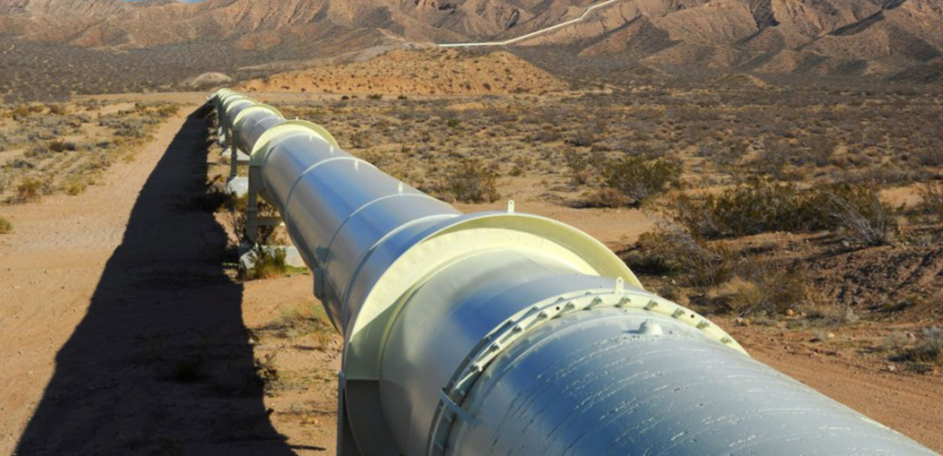In this article we discussed how Problems Mount for Sahara Gas Pipeline, Leaving Nigerian Taxpayers at Risk
The Nigerian government is sinking billions into the long-delayed project but economic and security problems are mounting. For over 20 years, Nigeria has been trying to build a pipeline that would bring gas through the Sahara Desert to Algeria and on to customers in Europe. The hope is that it would raise gas exports and bring money into state coffers. The plan got a boost in 2021 as Russia’s invasion of Ukraine left Europe scrambling for alternative sources of gas in the short-term. But now, as more problems emerge, experts are questioning the wisdom of investing vast public sums in the project.
Read: NNPC LTD. to deliver LNG to domestic and international market.
Europe’s gas demand is declining and is likely to be increasingly fulfilled by booming exports of liquified natural gas (LNG) from the US and Qatar. Meanwhile, theft of gas from pipelines remains an issue as northern Nigeria and Niger, where the pipeline will pass through, have grown more insecure. The Nigerian government has spent over $1 billion on its section, with plans for a further $1 billion more to be invested. Now there is this fear that much of this money could be wasted.
Stranded asset
Ademola Henry is an independent adviser to the oil and gas industry. He warned that the pipeline could become economically unviable before the end of its expected lifespan. He warned that if this happens, the government might have to increase borrowing or taxes or cut spending to offset the losses. Chukwumerije Okereke is a professor of global climate governance and public policy at Bristol University.
He said the pipeline “could result in profits and socioeconomic benefits for the people”. But he warned that gas thefts and insecurity in Niger “could pose significant challenges”. Niger suffered a military coup last year and the new government has withdrawn from the Economic Organization of West African States (Ecowas), a regional political union. This “further complicates the situation”, Okereke said. He said that the government must “deeply consider” any investments in the sector, especially given global commitments to triple renewable energy and Nigeria’s abundant resources like solar.
Gas glut
The Trans-Saharan pipeline is a joint project between Nigeria, Algeria and Niger. The plan is for a 4,000 km pipeline to ferry up to 30 billion cubic meters of gas a year from Nigeria, through Niger, to Algeria where it would connect up with existing pipelines across the Mediterranean to Europe. With Nigeria and Algeria’s state oil and gas companies taking the lead, it was originally scheduled to open in 2015 but there was no progress on it between 2009 and 2019. In 2019, the pipeline began to be mentioned in planning documents.
Read: Transfer Of Oil and Gas Assets Is Subject to Minister’s Consent – Nuprc
The three governments signed an agreement to speed it up after Russia’s invasion of Ukraine left Europe looking for more non-Russian gas. At that time, Nigeria’s then oil minister Timpire Sylva told European Union diplomats that Nigeria would like to sell them more gas, which he said would “solve the energy problem in Europe”.But he was not the only one making that offer. The US in particular has ramped up its investment in export terminals to ship its liquified natural gas to Europe and elsewhere. The International Energy Agency predicts a glut of this gas when this infrastructure is up and running, meaning more competition for Nigerian gas sellers.
At the same time, the IEA predicts that Europe’s demand for gas will keep falling, as the invasion of Ukraine fast-tracked plans to get off fossil fuels. At the time of publication, only the Nigerian section of the pipeline – known as AKK – is being built. Okereke warned: “If the Nigerian government proceeds with its part of the Trans-Saharan project and launches it in July this 2024, despite uncertainties in other participating countries, there’s a risk of assets being stranded – this could lead to substantial losses for the government, impacting taxpayers”.

